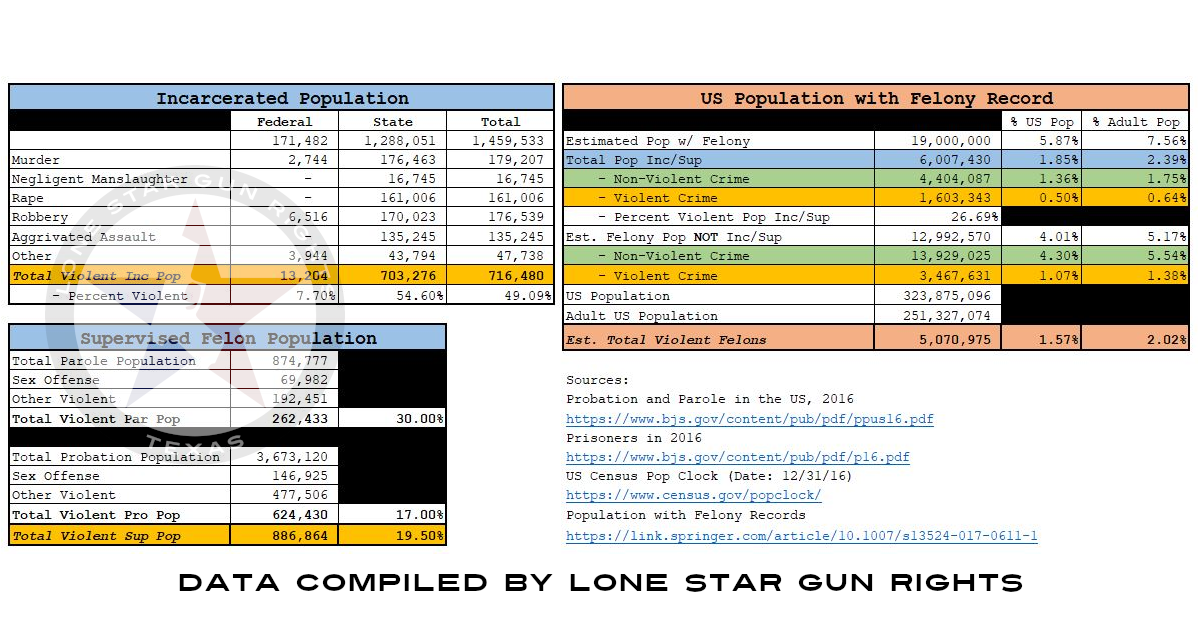
They may face removal (deportation) proceedings, be denied visas, be denied permission to enter the United States, or be subject to lengthy or permanent bars during which they are prohibited from entering the United States. Immigration Consequences: Most people know that felony convictions can have a profound effect on non-citizens present within or who want to visit the United states. Loss of Civil Rights: Conviction of a felony results in the loss of many civil rights, including the right to vote, the right to possess a firearm, and the right to serve on a jury. With many felony convictions, although there is a potential for prison time, most offenders remain eligible for a sentence of jail time or even of a suspended sentence and probation.Ĭonvictions for very serious offenses such as homicide, rape, armed robbery, arson and kidnapping will typically result in a period of incarceration, even for a first offense.īack to top Consequences of a Felony Convictionīeyond the potential for a long term of incarceration, large fines and court assessments, legal fees, and a lengthy period of time on probation or parole, a felony conviction can have a very significant impact on a defendant's life: Not everybody who is convicted of a felony will spend time in prison, or even spend time behind bars. Young offenders in some jurisdiction may be eligible for military-style boot camp programs, providing a relatively short but very intense experience as an alternative to a much longer prison term. For example, many states and counties have implemented drug courts, through which a person charged with the unlawful possession of a controlled substance may be able to get treatment and, if successful, potentially avoid a criminal sentence. Many states offer alternative dispositions for some felony offenses or classes of offender. Mandatory Minimum Terms: A person convicted of the felony must be sentenced to a defined minimum term of incarceration.

Mandatory Fixed Terms: A person convicted of the felony must be sentenced to a term of years defined in the statute, be it a specific number of years (e.g., 5 years, 20 years) or a life sentence. Mandatory sentences come in two basic forms: Some felonies carry a mandatory sentence. Although some states have complex guidelines systems, and there can be disagreement over how the variables for determining a sentence range should be scored, in many cases a defendant will have a pretty clear impression of what sentence is likely to follow from a plea bargain to a specific charge or charges. Often the sentence for a felony charge is reasonably predictable based upon published sentencing guidelines. A few states have state jail felony classifications for crimes that carry a felony conviction, but for which the defendant faces a lesser potential term of incarceration that would be served in a county jail. In most states, any felony carries a potential sentence of time in prison, usually translating into a sentence of two or more years of incarceration. The penalty ranges for each class of penalty - the range of years that a defendant may be sentenced to prison, and the maximum fines that may be imposed - vary enormously between states. In states without the death penalty, that label usually means that the crime carries a potential or mandatory sentence of life without parole. In states with the death penalty, that label indicates that the offense potentially carries a death sentence. States may also classify a felony as a capital offense.


The number of classes differs between states, and some states don't use that type of classification system at all. Many states classify felony offenses by letter or number, such that a person might be charged with a Class A, Class B or Class C felony, or similarly Class 1, Class 2, or Class 3.


 0 kommentar(er)
0 kommentar(er)
